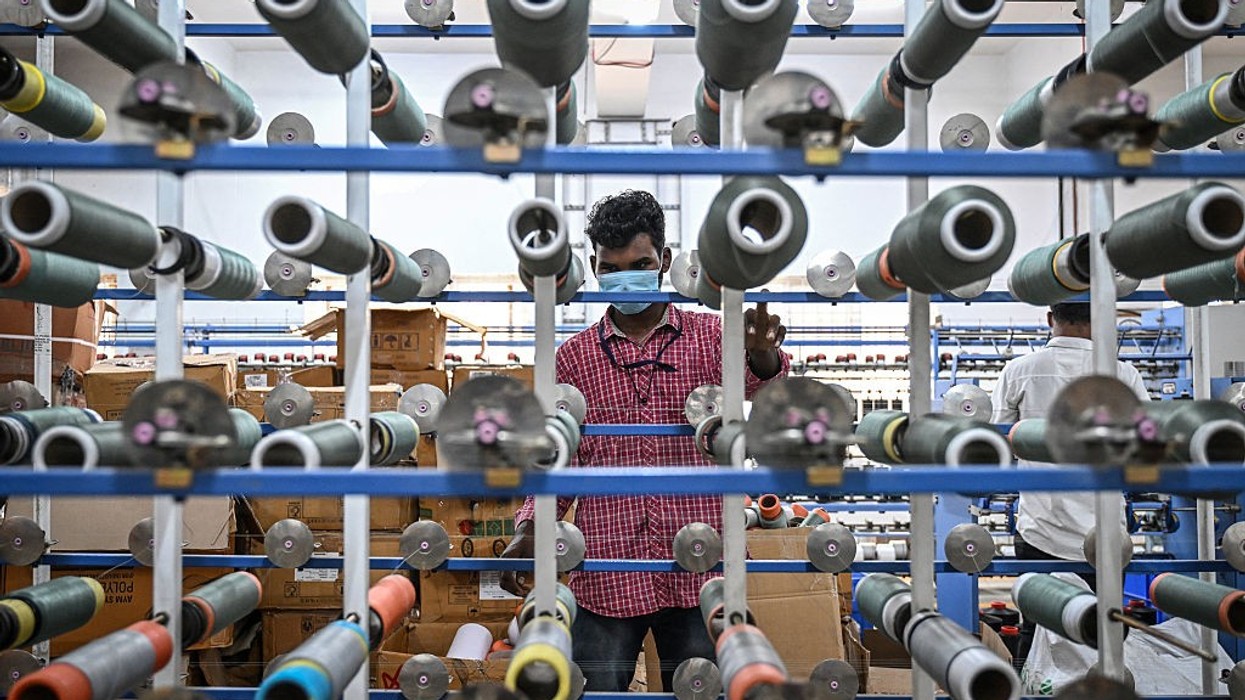Highlights:
- Suvendu Mohanty began as a Java software engineer before shifting to machine learning.
- Taught himself AI/ML using free resources and hackathon projects.
- Says ML was once niche and hard to access, unlike today’s booming demand.
- Believes innovation, not just ML, is key to long-term career growth.
- At Amazon, values the competitive culture that constantly drives innovation.
Suvendu Mohanty, an India-based machine learning software engineer at Amazon, recently shared his inspiring career trajectory in a Business Insider interview. A graduate with a Master’s in Computer Science in 2011, Mohanty began his professional life as a Java software engineer developing applications. It wasn’t until six or seven years into his career that he discovered machine learning, igniting a new passion. At that time, machine learning was a niche field, and opportunities to work on related projects were scarce. “The projects we got were almost always software engineering; machine learning projects were really, really hard to get,” he recalled.
Bridging education gaps with self-learning
Mohanty highlighted the challenge faced by many early-career software engineers who lack formal education in AI or machine learning. While masters or PhDs could specialize in these fields, many working professionals had to rely on curiosity and self-study.
To overcome this gap, Mohanty utilized free online resources and hackathons, which drew the attention of his supervisor. “He hadn't thought about it, but he told me, ‘Since you're doing machine learning, we want to build something. Can you work with it?’” This on-the-job exposure helped him transition from software engineering to excelling in the ML domain.
The evolution and growing demand of machine learning
Reflecting on the industry's transformation, Mohanty noted that AI’s prominence has skyrocketed in recent years. “Right now, ML is booming. Everyone is talking about ML. Back then, there was a fear that ML is difficult to grab at or difficult to get.” His own experience underscores that machine learning is simply another stream of software engineering, demystifying the field and lowering entry barriers for those willing to step outside their comfort zones.
Innovation as a key to staying relevant
Mohanty believes continuous innovation is critical to career growth in tech. While machine learning is a powerful tool, he cautions it’s not the sole solution for everyone. Professionals need to identify upcoming areas of demand—robotics being one emerging field—and align their skills accordingly. “You always need to be innovating,” he advises, highlighting the importance of following authentic signals like research papers, conferences, and thought leaders to stay ahead.
Life and culture at Amazon
Discussing his experience at Amazon, Mohanty described a competitive yet motivating atmosphere. “Working at Amazon, you always need to be innovating. You need to be very competitive. That’s the part of Amazon I like most: The culture motivates you to build something and will never slow you down.” This environment fosters agility and continual improvement, essential in the fast-moving AI and machine learning landscape.
Advice for aspiring ML professionals
For individuals pursuing a career in machine learning, Mohanty’s journey offers valuable lessons: embrace learning beyond your formal education, actively seek hands-on experience, and maintain curiosity. As the demand for ML skills continues to grow, engineers who demonstrate adaptability, eagerness to innovate, and engagement with community knowledge sources are better positioned for success.
















 Let’s stop shaming Genzfor switching jobsI see a lot of ‘career gurus’shaming 22-year-olds for switching jobs every year.But isn’t that exactly what the youth should be doing? 🤔Early in our… | Anupam Mittal | 561 comments
Let’s stop shaming Genzfor switching jobsI see a lot of ‘career gurus’shaming 22-year-olds for switching jobs every year.But isn’t that exactly what the youth should be doing? 🤔Early in our… | Anupam Mittal | 561 comments